2010s: Democracy
The 2010s: Democracy
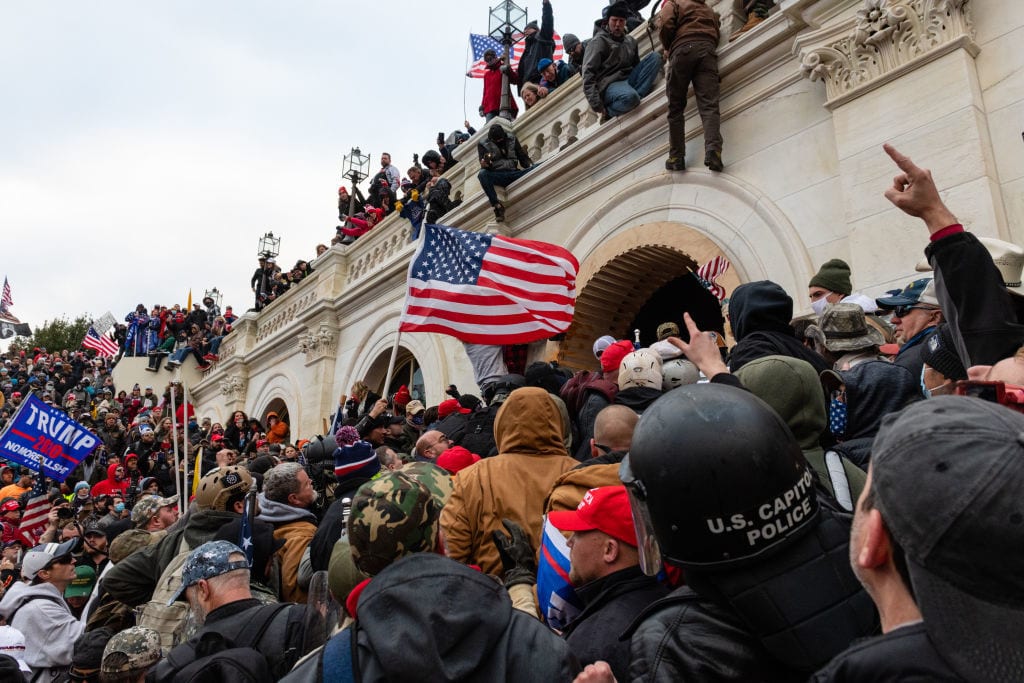
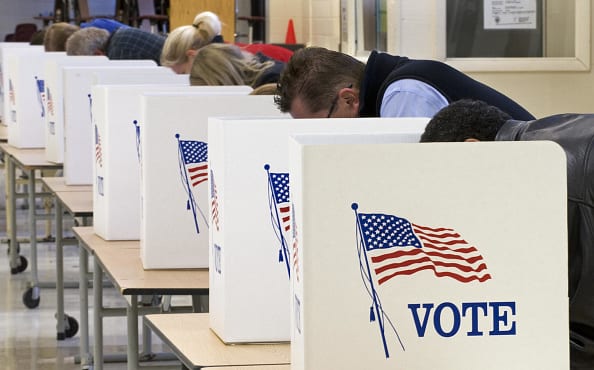
2010s: Democracy
Following election outcomes in the 1930s and 1940s that defied popular expectations, the Social Science Research Council worked to strengthen the science of public opinion polling.
The Council established a Committee on Analysis of Pre-election Polls and Forecasts, chaired by Princeton mathematician Samuel S. Wilks and supported by the Rockefeller Foundation and the Carnegie Corporation.
The committees sponsored undergraduate, graduate, and postgraduate research fellowships, organized conferences, and sponsored summer dissertation workshops. Their convenings attracted staff members from the Department of Health and Human Services, the Department of Education, the Senate Committee on Labor and Human Relations, and the House Ways and Means Committee.
“We know something about the demographic, economic, and political correlates of poor communities and neighborhoods, although Census and survey-based data have rarely been systematically linked to data on the economic structure of industries and labor markets, or to the politics of local, state, and federal governments. The challenge of understanding concentrated and persistent urban poverty is to link these different levels and units of analysis in ways that cast light on the processes that connect the fate of both families and communities. What is also needed is a move from correlational to causal analysis.” (Gephart and Pearson, Items, 1988)
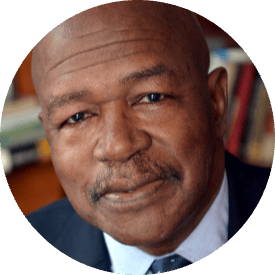
Elijah Anderson, professor of sociology, Yale University and member, SSRC planning committee on persistent urban poverty.
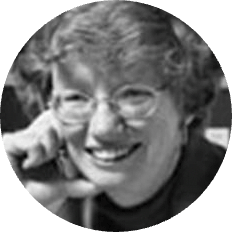
Mary Jo Bane, Professor of public policy and management, Harvard University and member, SSRC planning committee on persistent urban poverty.
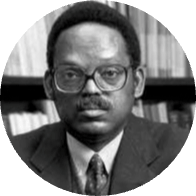
William Julius Wilson, professor of sociology, Harvard University and member, SSRC planning committee on persistent urban poverty
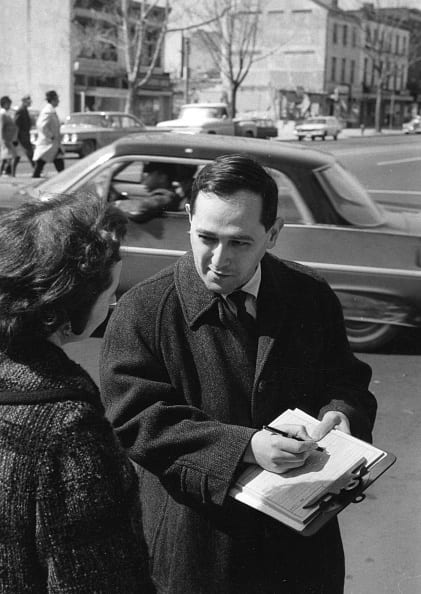
“Appointment of the committee rested upon the judgment that extended controversy regarding the pre-election polls among lay and professional groups might have extensive and unjustified repercussions upon all types of opinion and attitude studies and perhaps upon social science research generally.”
— Pendleton Herring, Social Science Research Council President, 1949

In 2015, the Council established the Anxieties of Democracy program to address concerns about democratic governments’ abilities to face pressing societal challenges. The program supported research on democratic governments’ responses to climate change, immigration, security threats, the performance and legitimacy of representative institutions, and more.
Social and behavioral scientists continue to make progress in identifying interventions that can reduce political polarization and support democratic institutions.
Incentivizing Facebook users to reduce time spent on the platform reduces political polarization.

Facebook users can be cost-effectively encouraged to follow counterattitudinal news outlets, reducing political polarization.
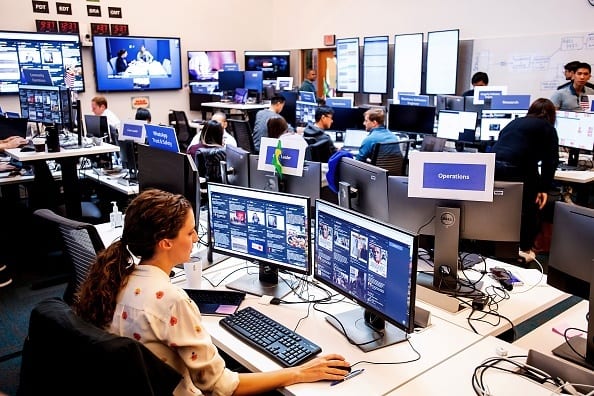
Capitol building, Washington D.C.
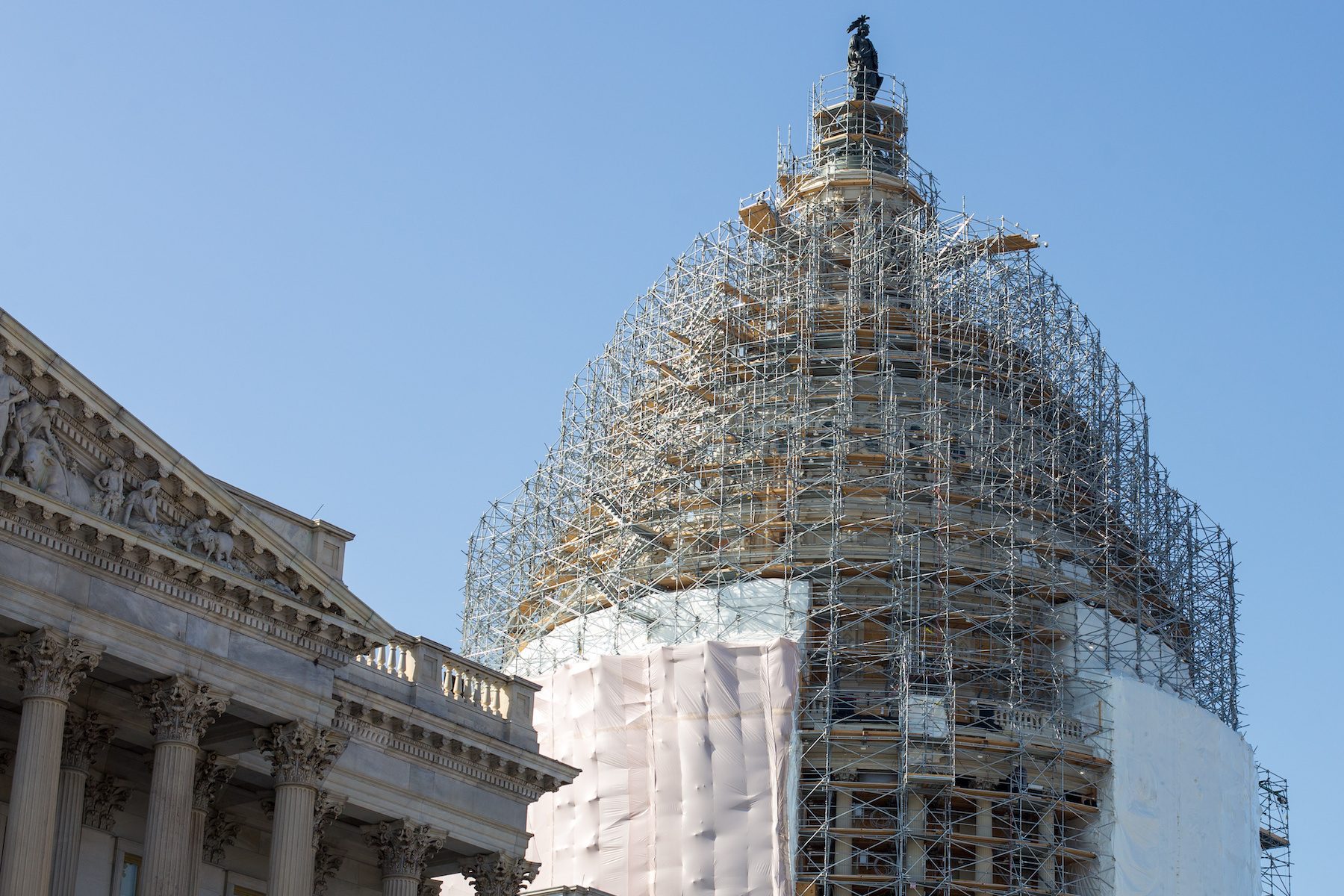
Making it easier to register to vote and reducing distance to polling places can increase registration and voting.
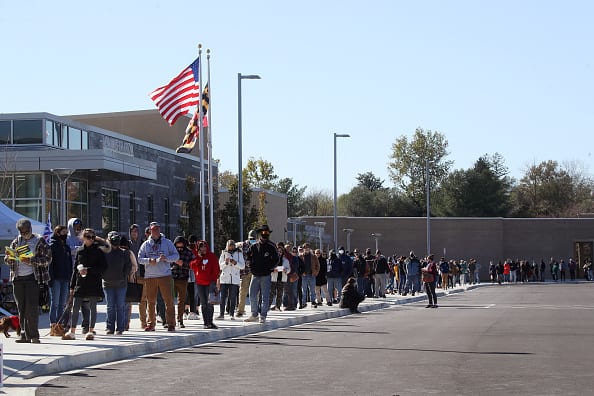
Rigorous evaluation of voter identification laws reveals that they have no effects on actual or perceived voter fraud.
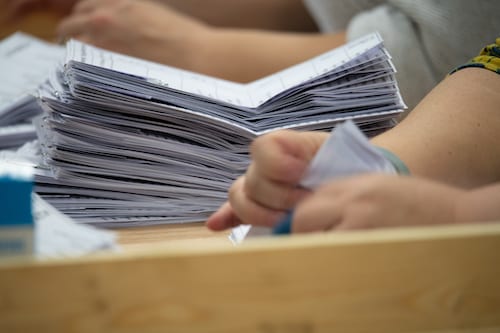
Suggestion Form
What other notable contributions have been made by social and behavioral science to identifying solutions to pressing societal challenges?
Suggestion Form
What other notable contributions have been made by social and behavioral science to identifying solutions to pressing societal challenges?
Explore More History of Social and Behavioral Science
Social Science Research Council
300 Cadman Plaza West, 15th Floor
Brooklyn, NY 11201, USA
212-377-2700
Social and behavioral science
for the public good.
The Social Science Research Council, a nonpartisan nonprofit founded in 1923 by seven professional associations in the social and behavioral sciences, mobilizes policy-relevant social and behavioral science for the public good.

